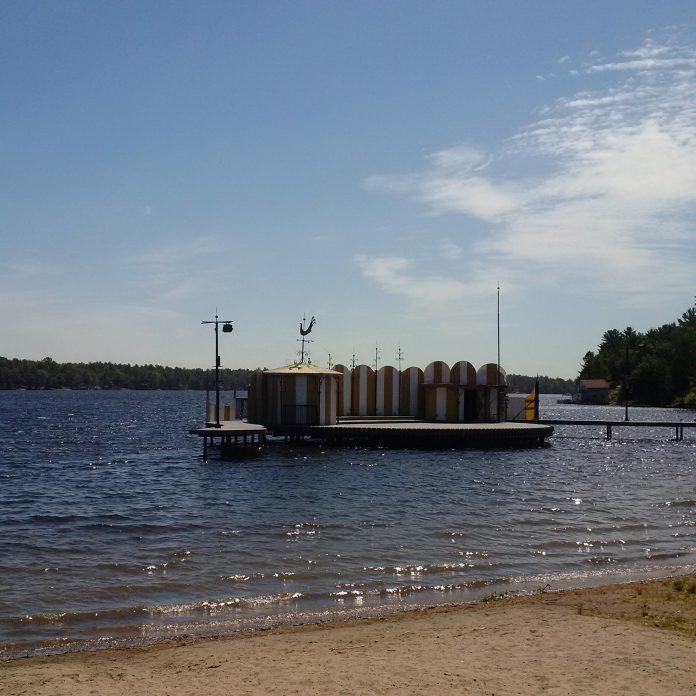With summer finally here the beaches of Simcoe and Muskoka are great places to relax, cool down and enjoy family time. But before heading to the beach, the Simcoe Muskoka District Health Unit (SMDHU) reminds residents and visitors to check the beach advisory section of the health unit’s website as water quality for swimming can be affected by a number of different conditions.
Each week during the summer, over 50 designated public beaches in Simcoe Muskoka are sampled for E. coli bacteria. When bacteria levels exceed Ontario guidelines, there may be a higher-than-normal risk of illness or infection and the beach is posted with a swimming advisory to let people know of potential risk. The swimming advisory remains posted until sample testing shows bacteria is once again within acceptable limits. In rare cases, when a significant risk to health and safety has been identified, a beach will be closed.
“Even if there is no advisory posted, beachgoers are reminded that water quality can change from day to day and even hour to hour depending on the weather and lake conditions.” says Karen Kivilahti, manager of the health unit’s Safe Water Program. “The latest available information posted on the health unit’s website may not reflect the real-time conditions at the beach, so it is important to know what environmental factors to be aware of and how to minimize your risk.”
Rain is the biggest factor to impact beach water quality as it washes everything off the surrounding surfaces, such as bird and dog feces, garbage, and chemicals, into the water. “Avoid swimming for 24-48 hours after a heavy rainfall,” says Kivilahti. “If you do choose to swim after it rains, avoid dunking your head and never swallow the water.”
High winds can quickly build up large waves, which can stir up sand and silt that can result in high levels of the bacteria in the water. In general, if the water is cloudy and you cannot see your feet standing waist deep in water, bacteria levels may be higher in that area, and it is best to avoid swimming.
Warm, shallow, slow moving bodies of water and wet sand are other excellent breeding grounds for E. coli and other organisms. Kivilahti reminds everyone, “to wash your hands or use hand sanitizer frequently while visiting and picnicking at the beach.”
The presence of waterfowl and their droppings can also have a significant impact on water quality, as can dead fish, algae/scum, or debris in the water that can increase the risk of illness or injury. Beach water may also be unsafe due to excessive weed growth and blue-green algae blooms.
Visit SMDHU’s safe water webpages for more information about the beach water testing program, to learn more about beach water quality and to view current beach advisories.








